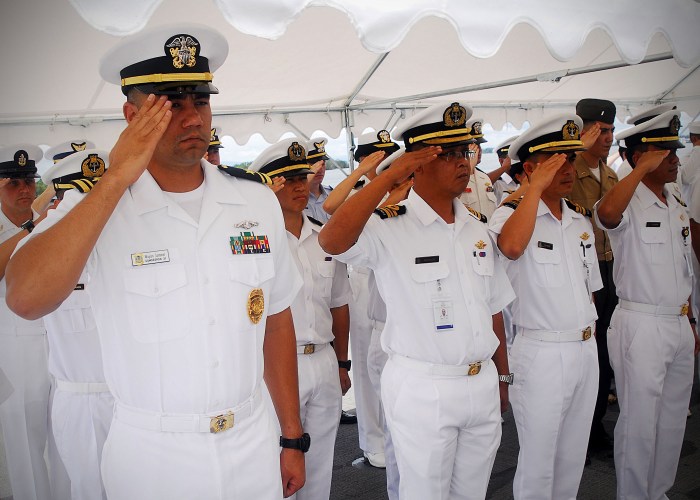Navy policy dictates that individuals must not engage in certain behaviors or activities to maintain discipline, safety, and ethical conduct within the naval ranks. These restrictions encompass a wide range of actions, from minor infractions to serious offenses, and serve as essential guidelines for maintaining order and upholding the Navy’s values.
This comprehensive overview will delve into the types of restrictions imposed by Navy policy, the consequences of violating these policies, and the processes for requesting exceptions or waivers. Additionally, we will explore the cultural and ethical implications of these restrictions, examining the balance between maintaining discipline and respecting personal autonomy.
1. Overview of Navy Policy on Restrictions

Navy policies dictate restrictions to maintain discipline, order, and operational effectiveness. These policies encompass a wide range of behaviors and activities, aiming to ensure the safety, security, and well-being of Navy personnel and assets.
Examples include policies prohibiting the use of alcohol and illegal drugs, regulating the use of social media, and restricting access to classified information. These restrictions are essential for maintaining a professional and disciplined force capable of carrying out its missions effectively.
2. Types of Restrictions Imposed by Navy Policy
Navy policy restrictions can be categorized into several types:
- Operational Restrictions:These restrictions govern the conduct of Navy personnel during operations, such as prohibiting the use of personal electronic devices or engaging in unauthorized activities.
- Behavioral Restrictions:These restrictions address personal conduct, such as prohibiting harassment, discrimination, and fraternization.
- Safety Restrictions:These restrictions aim to protect the health and well-being of Navy personnel, such as requiring the use of safety equipment or limiting exposure to hazardous substances.
- Information Security Restrictions:These restrictions protect classified information and sensitive data, such as requiring the use of secure communication channels or limiting access to certain systems.
3. Consequences of Violating Navy Policy Restrictions

Violating Navy policy restrictions can result in a range of disciplinary actions, including:
- Administrative Actions:These actions may include written reprimands, suspensions, or reductions in rank.
- Legal Penalties:In severe cases, violations may result in criminal charges and prosecution under the Uniform Code of Military Justice (UCMJ).
Examples of past cases include sailors being discharged from the Navy for drug use, officers being relieved of command for misconduct, and individuals facing criminal charges for leaking classified information.
4. Exceptions and Waivers to Navy Policy Restrictions: Navy Policy Dictates That Individuals Must Not

In certain circumstances, exceptions or waivers to Navy policy restrictions may be granted. The process for requesting an exception or waiver typically involves submitting a written request to the appropriate authority, explaining the rationale and providing supporting documentation.
Criteria for granting exceptions or waivers may include:
- Exceptional circumstances or compelling reasons
- Minimal impact on operational effectiveness or safety
- Alignment with Navy values and principles
Examples of situations where exceptions or waivers have been granted include allowing sailors to wear religious attire or granting permission to use personal electronic devices in limited circumstances.
5. Cultural and Ethical Considerations
Navy policy restrictions have cultural and ethical implications, as they impact individual rights and freedoms. Balancing the need for discipline and order with respect for personal autonomy is a complex challenge.
Navy policies aim to strike a balance by:
- Clearly defining prohibited behaviors and activities
- Providing due process and fair treatment in disciplinary actions
- Respecting the privacy and dignity of individuals
Q&A
What is the purpose of Navy policy restrictions?
Navy policy restrictions aim to maintain discipline, safety, and ethical conduct within the naval ranks, ensuring the smooth functioning and reputation of the Navy.
What are the consequences of violating Navy policy restrictions?
Consequences range from administrative sanctions, such as reprimands or extra duty, to legal penalties, including fines or imprisonment, depending on the severity of the violation.
How can individuals request exceptions or waivers to Navy policy restrictions?
Requests for exceptions or waivers must be submitted through the chain of command and must demonstrate compelling reasons that justify deviating from the established policy.